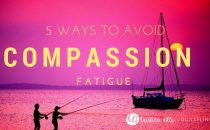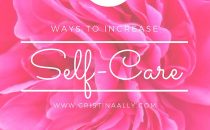The Positive and Negative Effects of Caffeine on Your Body
According to Statista.com, coffee is still one of the most popular beverages among Americans of all ages. In fact, nearly half of young adults age 18-24 drink coffee. But by far, seniors are more likely to drink the delectable beverage and they tend to drink roughly three times as many cups as day as well! […]



















 About the Author
About the Author